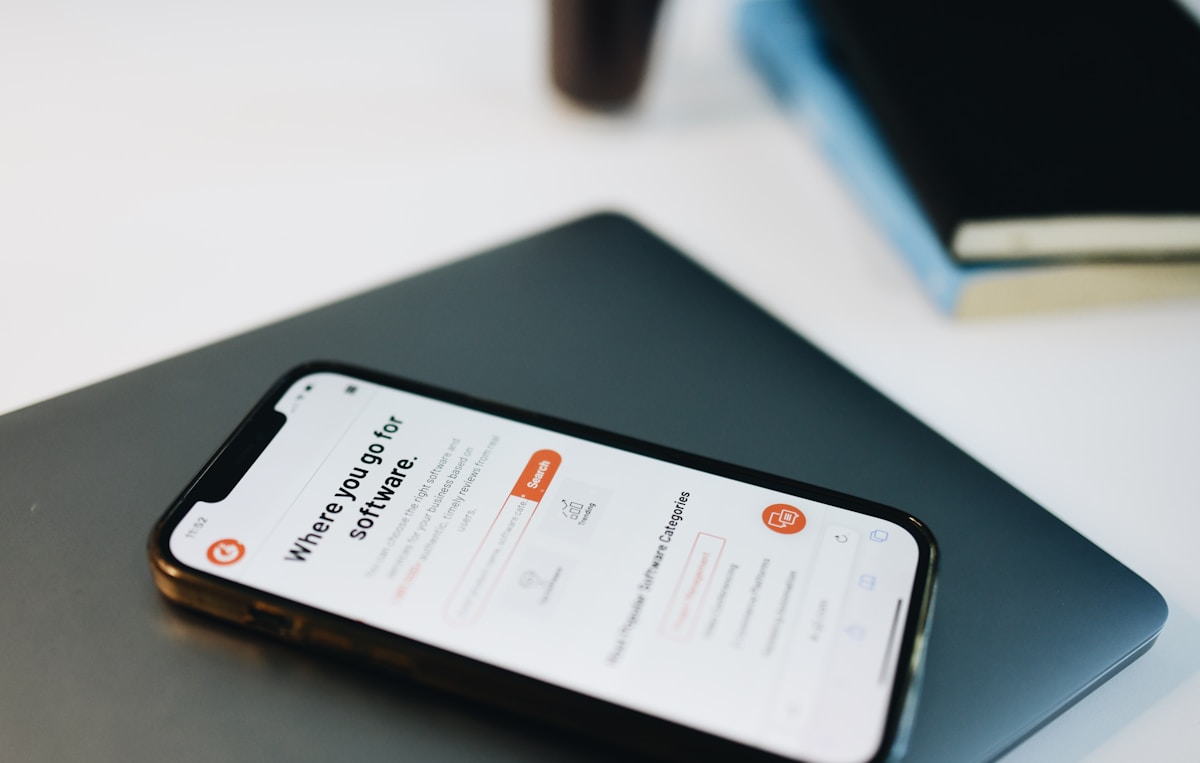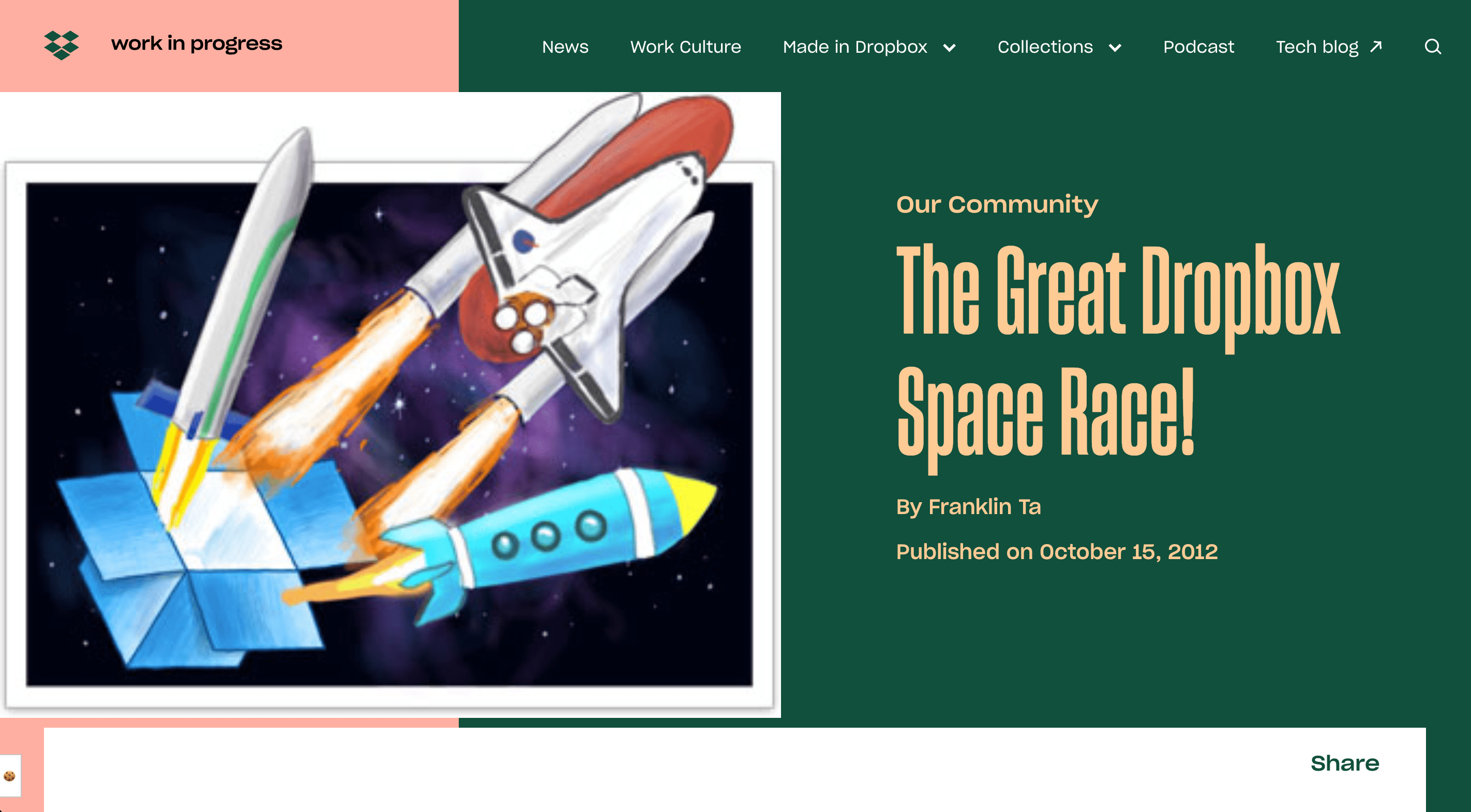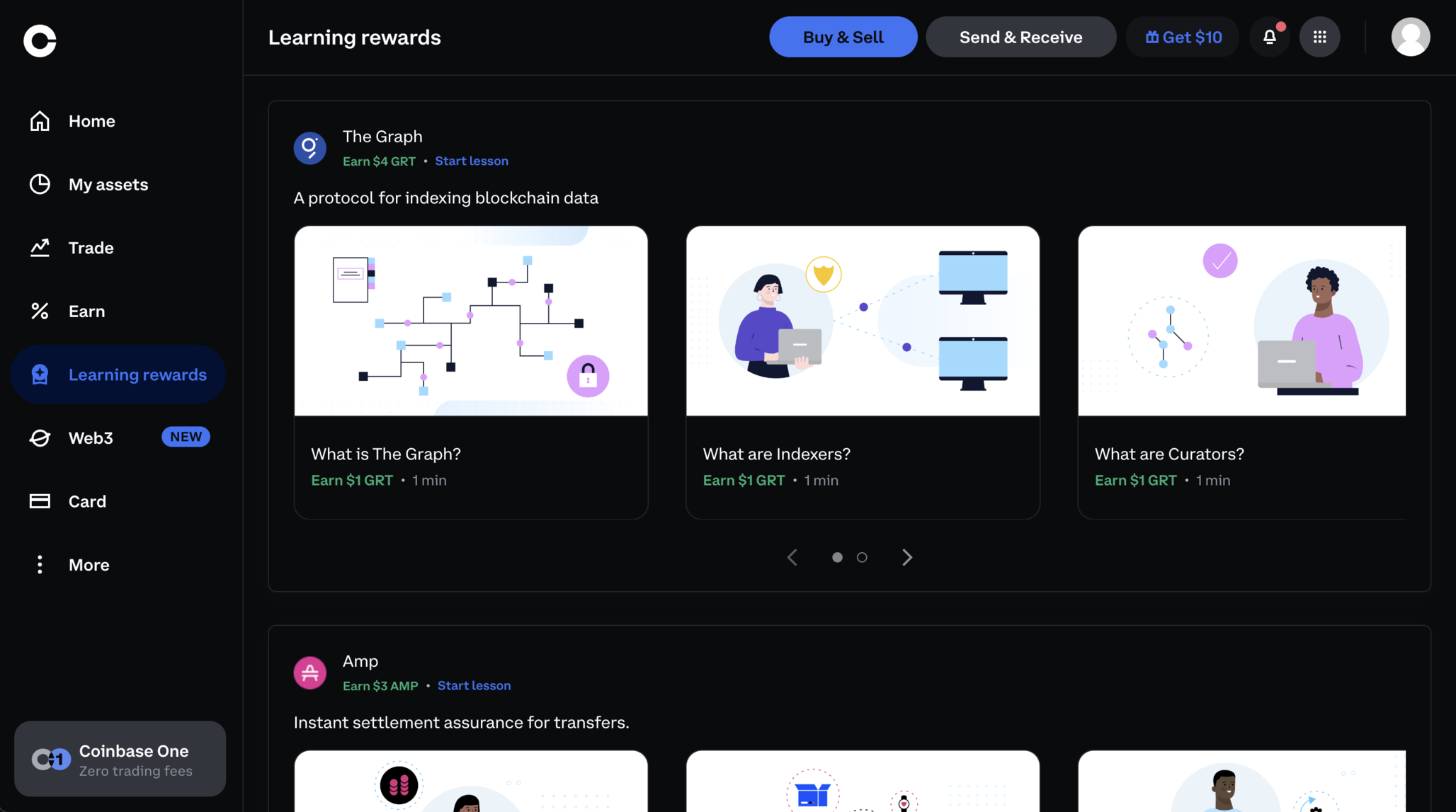Introduction
B2B influencer marketing has emerged as a powerful strategy for companies looking to expand their reach, build credibility, and drive business growth. By leveraging the expertise and networks of industry thought leaders, B2B brands can authentically connect with decision-makers and influence purchasing decisions. This comprehensive guide will explore the ins and outs of B2B influencer marketing, providing actionable insights and strategies to help your business harness its full potential.
Table of Contents
- What is B2B Influencer Marketing?
- Benefits of B2B Influencer Marketing
- Key Differences Between B2B and B2C Influencer Marketing
- Types of B2B Influencers
- Developing a B2B Influencer Marketing Strategy
- Finding and Selecting the Right B2B Influencers
- Creating Effective B2B Influencer Partnerships
- Content Formats for B2B Influencer Campaigns
- Measuring the Success of B2B Influencer Marketing
- Challenges and Best Practices in B2B Influencer Marketing
- Case Studies: Successful B2B Influencer Marketing Campaigns
- The Future of B2B Influencer Marketing
What is B2B Influencer Marketing?
B2B influencer marketing is a strategic approach that leverages the expertise, credibility, and networks of industry thought leaders to promote a company's products or services to other businesses. Unlike traditional advertising, B2B influencer marketing focuses on building relationships and trust through authentic content and engagement.
In the B2B space, influencers are typically respected professionals, industry experts, or key opinion leaders who have significant sway over decision-makers within their field. These influencers can help brands:
- Increase brand awareness
- Establish thought leadership
- Generate high-quality leads
- Shorten sales cycles
- Enhance credibility and trust
B2B influencer marketing goes beyond simple product endorsements. It often involves collaborative content creation, speaking engagements, and in-depth discussions about industry trends and challenges.
Benefits of B2B Influencer Marketing
Implementing a B2B influencer marketing strategy can yield numerous benefits for your business:
Enhanced Credibility: Partnering with respected industry figures lends credibility to your brand and offerings.
Expanded Reach: Tap into the influencer's established network to connect with new potential customers.
Improved Content Quality: Collaboration with experts often results in more insightful, valuable content for your audience.
Increased Engagement: Content featuring influencers typically sees higher engagement rates than branded content alone.
Accelerated Trust-Building: Leveraging an influencer's established trust with their audience can speed up the trust-building process for your brand.
More Qualified Leads: Influencers can help attract leads that are more likely to convert, given their alignment with your target audience.
Competitive Advantage: Effective influencer partnerships can set you apart from competitors in your industry.
Long-term Relationships: B2B influencer marketing often leads to ongoing partnerships that provide continuous value.
Key Differences Between B2B and B2C Influencer Marketing
While there are similarities, B2B influencer marketing differs from its B2C counterpart in several key ways:
| Aspect | B2B Influencer Marketing | B2C Influencer Marketing |
|---|---|---|
| Influencer Type | Industry experts, thought leaders | Celebrities, social media personalities |
| Target Audience | Decision-makers, professionals | General consumers |
| Content Focus | Educational, in-depth industry insights | Lifestyle, entertainment, product showcases |
| Sales Cycle | Longer, more complex | Shorter, often impulsive |
| Metrics | Lead quality, thought leadership | Reach, engagement, direct sales |
| Platforms | LinkedIn, industry-specific forums, conferences | Instagram, TikTok, YouTube |
| Relationship Duration | Often long-term partnerships | Frequently short-term or campaign-based |
| Decision-Making Process | Committee-based, rational | Individual, often emotional |
Understanding these differences is crucial for developing an effective B2B influencer marketing strategy that resonates with your target audience and achieves your business objectives.
Types of B2B Influencers
B2B influencers come in various forms, each with their own strengths and areas of impact. Here are some common types of B2B influencers:
Industry Thought Leaders: Respected figures known for their expertise and innovative ideas within a specific industry.
C-Suite Executives: CEOs, CTOs, and other high-level executives who have significant influence due to their leadership positions.
Academic Experts: Professors, researchers, and scholars who bring credibility through their academic work and publications.
Consultants and Analysts: Professionals who provide expert advice and analysis on industry trends and best practices.
Technical Experts: Individuals with deep technical knowledge in specific areas, such as software developers or engineers.
Customer Advocates: Satisfied customers who can speak authentically about their positive experiences with a product or service.
Media Personalities: Journalists, podcast hosts, or industry publication editors who have a wide reach within the industry.
Event Speakers: Professionals who regularly present at industry conferences and events, sharing their knowledge and insights.
Community Leaders: Individuals who manage large online communities or forums related to your industry.
Niche Micro-Influencers: Experts with smaller but highly engaged followings in specific sub-sectors of your industry.
When selecting influencers for your B2B marketing efforts, consider which types align best with your goals and target audience.
Developing a B2B Influencer Marketing Strategy
Creating a successful B2B influencer marketing strategy requires careful planning and execution. Follow these steps to develop a robust approach:
Define Your Objectives: Clearly outline what you want to achieve with your influencer marketing efforts. Are you looking to increase brand awareness, generate leads, or establish thought leadership?
Identify Your Target Audience: Develop detailed buyer personas to understand the decision-makers you're trying to reach.
Set Key Performance Indicators (KPIs): Determine how you'll measure success, such as engagement rates, lead quality, or content views.
Research Potential Influencers: Identify influencers who align with your brand values and have credibility with your target audience.
Develop Your Content Strategy: Plan the types of content you'll create with influencers, ensuring it provides value to your audience.
Allocate Budget and Resources: Determine how much you're willing to invest in influencer partnerships and content creation.
Create an Outreach Plan: Develop a strategy for approaching and building relationships with potential influencers.
Plan for Long-Term Relationships: Focus on building ongoing partnerships rather than one-off campaigns.
Integrate with Other Marketing Efforts: Ensure your influencer strategy complements your overall marketing plan.
Establish Compliance Guidelines: Create clear guidelines to ensure all influencer partnerships comply with industry regulations and disclosure requirements.
Remember, a successful B2B influencer marketing strategy should be flexible and adaptable. Regularly review and adjust your approach based on performance and changing industry dynamics.
Finding and Selecting the Right B2B Influencers
Identifying and partnering with the right influencers is crucial for the success of your B2B influencer marketing efforts. Here's a step-by-step process to find and select the best influencers for your brand:
Define Your Ideal Influencer Profile: Based on your objectives and target audience, create a profile of the ideal influencer. Consider factors such as industry expertise, audience demographics, and content style.
Use Influencer Discovery Tools: Leverage specialized tools and platforms to identify potential influencers in your industry. Some popular options include:
- LinkedIn Sales Navigator
- BuzzSumo
- Traackr
- Onalytica
Analyze Social Media and Online Presence: Examine the influencer's activity on platforms relevant to your industry, such as LinkedIn, Twitter, or industry-specific forums.
Evaluate Content Quality and Consistency: Review the influencer's published content to ensure it aligns with your brand's standards and messaging.
Assess Audience Engagement: Look beyond follower counts and focus on the quality of engagement the influencer generates with their content.
Check for Previous Brand Collaborations: Review any past partnerships to understand how the influencer works with brands and the results they've achieved.
Verify Industry Credentials: Confirm the influencer's expertise through their professional background, speaking engagements, and published works.
Consider Reach and Relevance: Balance the influencer's reach with the relevance of their audience to your specific niche.
Evaluate Values Alignment: Ensure the influencer's values and reputation align with your brand to avoid potential conflicts.
Conduct Outreach and Initial Conversations: Reach out to potential influencers to gauge their interest and assess how well you might work together.
When selecting influencers, prioritize those who demonstrate genuine expertise and engagement within your industry over those with large but less relevant followings. The right influencer should be able to speak authentically about your products or services and provide valuable insights to your target audience.
Creating Effective B2B Influencer Partnerships
Once you've identified potential influencers, it's crucial to establish and nurture effective partnerships. Here are key strategies for creating successful B2B influencer collaborations:
Establish Clear Objectives and Expectations: Clearly communicate your goals, expectations, and deliverables for the partnership.
Offer Value Beyond Compensation: While financial compensation is often part of the agreement, consider other ways to provide value, such as exclusive access to your products or services, networking opportunities, or exposure to your audience.
Collaborate on Content Creation: Work together to develop content that aligns with both your brand message and the influencer's expertise and style.
Provide Creative Freedom: Allow influencers some flexibility in how they present your brand to maintain authenticity.
Ensure Compliance and Transparency: Provide clear guidelines on disclosure requirements and industry regulations.
Foster Long-Term Relationships: Focus on building ongoing partnerships rather than one-off campaigns for more sustained impact.
Integrate Influencers into Your Overall Marketing Strategy: Coordinate influencer activities with your other marketing efforts for a cohesive approach.
Offer Exclusive Insights or Early Access: Provide influencers with insider information or early access to new products to enhance their expert status.
Facilitate Networking Opportunities: Connect influencers with other industry leaders or your executive team to add value to the partnership.
Regularly Review and Adjust: Continuously evaluate the partnership's performance and be willing to make adjustments as needed.
Remember, successful B2B influencer partnerships are built on mutual benefit and respect. By fostering a collaborative relationship, you can create more impactful and authentic influencer marketing campaigns.
Content Formats for B2B Influencer Campaigns
B2B influencer marketing campaigns can leverage various content formats to engage target audiences effectively. Here are some popular content types to consider:
Thought Leadership Articles: Collaborate with influencers to produce in-depth articles on industry trends, challenges, and solutions.
Webinars and Virtual Events: Host online events featuring influencers as speakers or panelists to discuss relevant topics.
Podcast Appearances: Arrange for influencers to be guests on your company podcast or feature them on popular industry podcasts.
Video Interviews: Create video content where influencers share insights, tips, or discuss case studies related to your products or services.
Social Media Takeovers: Allow influencers to take over your brand's social media accounts for a day to share their expertise and engage with your audience.
Co-Created Whitepapers or eBooks: Develop comprehensive resources that combine your brand's expertise with the influencer's insights.
Case Studies: Collaborate with influencers to showcase real-world applications and results of your products or services.
Live Streams: Host live Q&A sessions or product demonstrations featuring influencers to engage with your audience in real-time.
Infographics: Work with influencers to create visually appealing infographics that present complex data or concepts in an easily digestible format.
Expert Roundups: Compile insights from multiple influencers on a specific topic to create a comprehensive resource.
Workshop or Training Sessions: Offer exclusive training sessions led by influencers to provide value to your customers or prospects.
Conference Presentations: Collaborate with influencers on presentations for industry events, extending your reach and credibility.
When selecting content formats, consider your target audience's preferences, the strengths of your chosen influencers, and the most effective ways to showcase your brand's value proposition.
Measuring the Success of B2B Influencer Marketing
Evaluating the effectiveness of your B2B influencer marketing efforts is crucial for optimizing your strategy and demonstrating ROI. Here are key metrics and methods to measure success:
Engagement Metrics:
- Social media interactions (likes, comments, shares)
- Content views and time spent
- Email open and click-through rates
Reach and Awareness:
- Follower growth
- Brand mention increase
- Share of voice in industry conversations
Lead Generation:
- Number of leads generated
- Lead quality and relevance
- Conversion rates from influencer-driven traffic
Website Traffic:
- Referral traffic from influencer content
- Time on site and pages per session for influencer-driven visits
Content Performance:
- Downloads of influencer-collaborated resources
- Webinar or event attendance rates
- Video view duration and completion rates
Sales Impact:
- Influence on sales pipeline
- Deals influenced by influencer content
- Customer acquisition cost for influencer-driven sales
Brand Sentiment:
- Changes in brand perception
- Positive mentions and testimonials
- Increase in brand advocacy
Thought Leadership:
- Invitations to speak at industry events
- Media mentions and interview requests
- Industry awards or recognition
SEO Benefits:
- Increase in domain authority
- Improvement in search rankings for target keywords
- Quality backlinks generated from influencer collaborations
Return on Investment (ROI):
- Total revenue generated vs. campaign costs
- Lifetime value of influencer-acquired customers
To effectively measure these metrics, use a combination of tools such as:
- Social media analytics platforms
- Web analytics (e.g., Google Analytics)
- CRM systems
- Influencer marketing platforms
- Social listening tools
- Survey and feedback collection methods
Remember that B2B influencer marketing often has a longer-term impact, so be sure to track metrics over extended periods to capture the full value of your efforts.
Challenges and Best Practices in B2B Influencer Marketing
While B2B influencer marketing can be highly effective, it comes with its own set of challenges. Here are some common obstacles and best practices to overcome them:
Challenges:
Finding Relevant Influencers: Identifying influencers with genuine expertise and audience relevance in niche B2B sectors.
Measuring ROI: Quantifying the impact of influencer collaborations on complex B2B sales cycles.
Maintaining Authenticity: Ensuring influencer content remains genuine and doesn't come across as overly promotional.
Compliance and Regulations: Navigating industry-specific regulations and disclosure requirements.
Long Sales Cycles: Aligning influencer efforts with extended B2B decision-making processes.
Content Creation: Producing high-quality, technical content that meets both brand and influencer standards.
Budget Constraints: Justifying influencer marketing spend in traditionally conservative B2B marketing budgets.
Scalability: Expanding influencer programs while maintaining quality and personalization.
Best Practices:
Focus on Micro-Influencers: Partner with niche experts who have smaller but highly engaged and relevant audiences.
Prioritize Long-Term Relationships: Build ongoing partnerships rather than one-off campaigns for sustained impact.
Align with Sales Teams: Coordinate influencer efforts with sales strategies to support lead nurturing and conversion.
Create Educational Content: Focus on providing valuable, educational content that addresses your audience's pain points and challenges.
Leverage Multiple Formats: Utilize a mix of content types (e.g., webinars, whitepapers, videos) to cater to different preferences and learning styles.
Implement Clear Measurement Frameworks: Establish KPIs and use advanced analytics tools to track the impact of influencer collaborations throughout the sales funnel.
Ensure Transparency: Clearly disclose all sponsored content and partnerships to maintain trust and comply with regulations.
Empower Influencers: Provide influencers with the resources and creative freedom they need to produce authentic, high-quality content.
Integrate with Overall Marketing Strategy: Align influencer marketing efforts with your broader marketing initiatives for a cohesive approach.
Continuously Educate Stakeholders: Keep internal teams informed about the value and impact of influencer marketing to maintain support and budget allocation.
By addressing these challenges and implementing these best practices, B2B companies can create more effective and impactful influencer marketing programs that drive real business results.
Case Studies: Successful B2B Influencer Marketing Campaigns
Examining real-world examples of successful B2B influencer marketing campaigns can provide valuable insights and inspiration. Here are three case studies that demonstrate the power of well-executed B2B influencer strategies:
1. SAP's #SAPTechEd Campaign
Objective: Increase engagement and attendance for SAP's annual TechEd conference.
Strategy: SAP partnered with 11 industry influencers to create pre-event content, live coverage, and post-event analysis.
Results:
- 17.7 million social media impressions
- 55% increase in social share of voice compared to the previous year
- Significant boost in conference attendance and engagement
Key Takeaway: Leveraging influencers throughout the event lifecycle can dramatically extend reach and drive participation.
2. LinkedIn's "Sophisticated Marketer's Guide" Series
Objective: Establish thought leadership in B2B marketing and generate high-quality leads.
Strategy: LinkedIn collaborated with over 75 marketing influencers to create a series of comprehensive guides on various marketing topics.
Results:
- Over 100,000 downloads of the guides
- 21,000 new newsletter subscribers
- Millions in pipeline revenue attributed to the campaign
Key Takeaway: Co-creating valuable, evergreen content with influencers can drive long-term lead generation and establish industry authority.
3. Adobe's "Creators: Photographer Series"
Objective: Showcase Adobe's Creative Cloud products and appeal to professional photographers.
Strategy: Adobe partnered with well-known photographers to create a video series demonstrating their creative processes using Adobe tools.
Results:
- Millions of views across social platforms
- Significant increase in engagement rates compared to standard brand content
- Positive sentiment and increased consideration among target audience
Key Takeaway: Demonstrating product value through the authentic experiences of respected professionals can be highly effective in B2B marketing.
These case studies highlight the versatility and effectiveness of B2B influencer marketing when executed strategically. By aligning influencer partnerships with specific business objectives and creating compelling, authentic content, B2B brands can achieve significant marketing success.
The Future of B2B Influencer Marketing
As B2B influencer marketing continues to evolve, several trends and developments are shaping its future:
Increased Focus on Employee Advocacy: Companies are recognizing the potential of their own employees as influential voices in their industries.
Rise of AI and Automation: Artificial intelligence will play a larger role in identifying influencers, predicting campaign performance, and personalizing content.
Greater Emphasis on Micro and Nano-Influencers: Brands will increasingly partner with highly specialized experts who have smaller but deeply engaged audiences.
Integration of Influencer and Account-Based Marketing (ABM): Influencer strategies will be tailored to target specific high-value accounts as part of ABM initiatives.
More Diverse Content Formats: Emerging platforms and technologies will lead to new forms of influencer content, such as augmented reality experiences or interactive webinars.
Increased Measurement Sophistication: Advanced analytics tools will provide more accurate and comprehensive measurement of influencer marketing ROI.
Focus on Long-Term Partnerships: Brands will prioritize building ongoing relationships with influencers rather than one-off campaigns.
Greater Transparency and Authenticity: As audiences become more discerning, there will be an increased emphasis on genuine, transparent influencer partnerships.
Cross-Platform Influencer Strategies: B2B brands will develop more cohesive influencer strategies that span multiple platforms and touchpoints.
Influencer-Led Communities: Influencers will play a larger role in building and nurturing online communities around brands and industry topics.
To stay ahead in B2B influencer marketing, companies should:
- Stay informed about emerging platforms and technologies
- Invest in data analytics and measurement tools
- Cultivate authentic, long-term relationships with influencers
- Continuously refine strategies based on performance data and industry trends
- Integrate influencer marketing more deeply with overall marketing and sales efforts
By embracing these trends and continuously adapting strategies, B2B companies can leverage influencer marketing to build stronger connections with their target audiences, enhance their industry authority, and drive sustainable business growth.
In conclusion, B2B influencer marketing offers immense potential for companies looking to enhance their market presence, establish thought leadership, and drive meaningful business results. By understanding the unique dynamics of B2B influencer partnerships, creating valuable content, and measuring success effectively, businesses can harness the power of industry experts to connect with decision-makers and accelerate growth in an increasingly competitive landscape.







